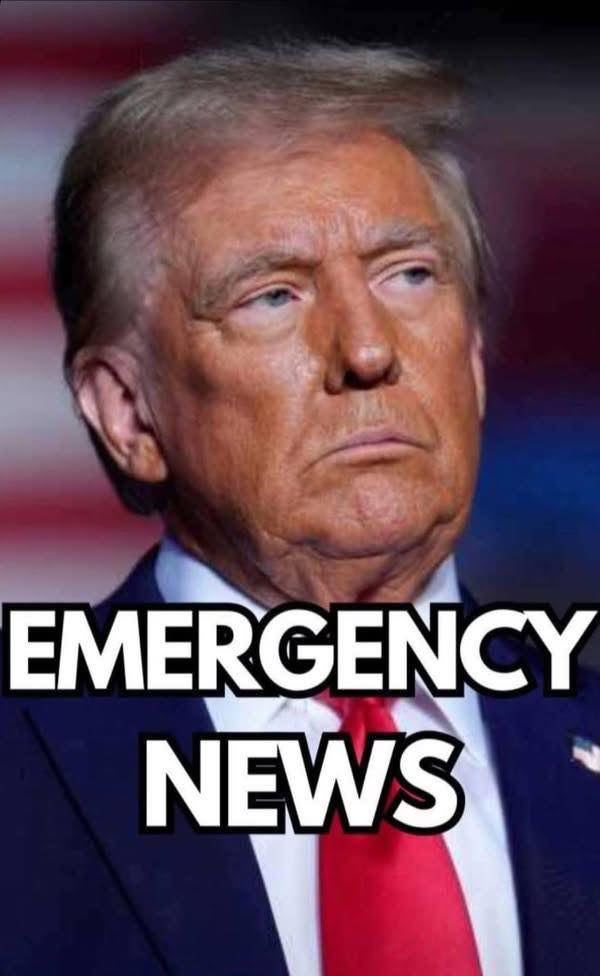President Donald Trump’s latest executive order, framed as a measure to combat anti-Semitism, is drawing intense criticism for its far-reaching implications—especially concerning free speech and the treatment of international students. The order authorizes the deportation of non-citizen students who participate in demonstrations deemed “anti-Israel,” a move that critics argue dangerously conflates political dissent with hate speech.
While the administration claims the policy is meant to address anti-Semitism, many believe it targets pro-Palestinian activism and aims to suppress voices critical of Israeli government policies. By invoking immigration laws to penalize political expression, the order creates a chilling effect on campuses across the country. Students are now faced with a stark choice: remain silent or risk having their academic and personal lives upended.
Civil liberties advocates warn that this sets a dangerous precedent—one that undermines the very principles of free speech and peaceful protest that form the foundation of American democracy. Critics argue the policy doesn’t protect Jewish students so much as weaponize their safety to shut down legitimate political discourse. By equating criticism of a foreign government with bigotry, the order muddies the waters and threatens to silence nuanced debate.
Legal scholars and human rights organizations have called out the executive order as an abuse of immigration authority—one that uses national security language to mask a crackdown on civil rights. International students, in particular, now find themselves navigating an academic environment where expressing political views could result in expulsion and deportation.
The backlash has been swift, with protests erupting on several campuses and educators voicing concern over the erosion of academic freedom. Many warn that targeting dissent in this way does little to combat genuine anti-Semitism and instead alienates communities that are vital to the broader fight against hate.
This executive action doesn’t just affect those who take to the streets. It sends a broader, more insidious message: dissenting perspectives, especially those that challenge U.S. allies, may come at a personal cost. It also risks damaging America’s global reputation as a place where ideas are meant to be debated, not censored.
As legal challenges mount and political tension deepens, the future of the order remains uncertain. But its immediate impact is clear—it has already reshaped the climate of discourse, sending a stark warning to those who dare to speak out: support for Palestinian rights may now come with consequences.

Leave a Reply